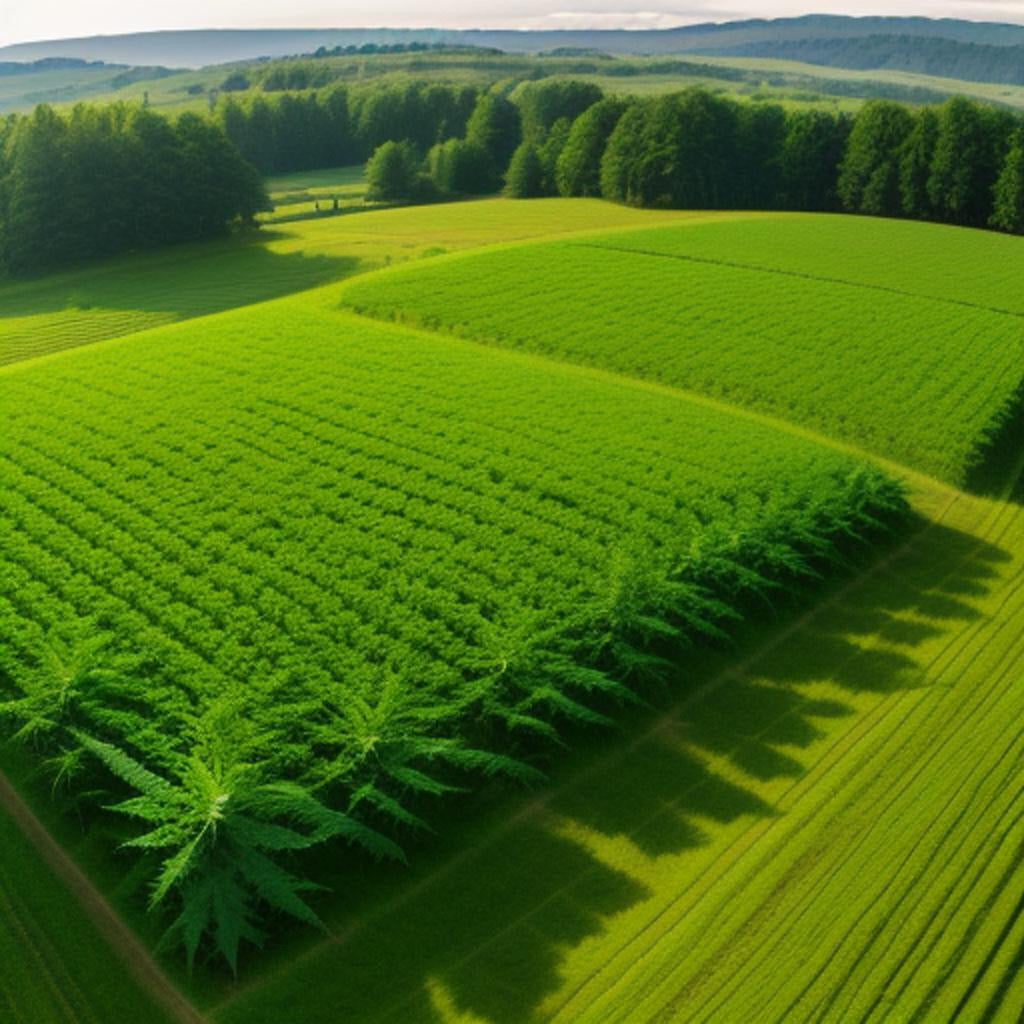In a world where sustainability is becoming increasingly important, it's crucial to reevaluate the materials we use in our daily lives. One such material that holds immense potential is hemp. Often misunderstood and overshadowed by its controversial cousin, hemp offers a multitude of benefits that make it a compelling alternative to traditional cotton. By replacing cotton with hemp, we can make a significant impact on the environment, promote sustainable practices, and create a greener future for generations to come.
1. Hemp: A Renewable and Eco-Friendly Option:
Hemp is an incredibly sustainable crop, requiring minimal water and no pesticides or herbicides to thrive. Unlike cotton, which is known to be water-intensive and heavily reliant on chemical inputs, hemp can be grown with much lower environmental impact. By choosing hemp over cotton, we can conserve precious water resources and reduce harmful chemical runoff that pollutes our soils and waterways.
2. Hemp: A Versatile and Durable Fiber:
Hemp fibers are known for their exceptional strength and durability. When compared to cotton, hemp fabric is up to four times stronger, making it longer-lasting and less prone to wear and tear. By opting for hemp-based products, we can reduce the need for frequent replacements, thereby decreasing the overall demand for textiles and minimizing waste.
3. Hemp: A Climate Change Fighter:
Hemp has the remarkable ability to absorb large amounts of carbon dioxide from the atmosphere. As a fast-growing plant, it captures more carbon during its growth cycle than most other crops. By cultivating hemp on a larger scale, we can effectively mitigate climate change by sequestering carbon and reducing greenhouse gas emissions. This makes hemp an invaluable asset in combating the environmental challenges we face today.
4. Hemp: A Crop with Endless Possibilities:
Hemp is not only an excellent fiber alternative but also has a wide range of applications. From clothing and textiles to building materials, biofuels, and even biodegradable plastics, hemp's versatility knows no bounds. By embracing hemp, we open doors to innovative and sustainable solutions across various industries, fostering a circular economy and reducing our reliance on environmentally harmful materials.
5. Hemp: Supporting Local Economies and Communities:
Integrating hemp cultivation and production into local economies can have a positive impact on communities. Hemp farming provides opportunities for small-scale farmers, creating jobs and stimulating economic growth. Additionally, hemp processing facilities and manufacturing plants can revitalize struggling regions, contributing to a more sustainable and inclusive society.
Replacing cotton with hemp is a conscious choice that individuals and industries can make to support a more sustainable future. By embracing hemp's renewable nature, durability, climate change-fighting abilities, and versatility, we can reduce our ecological footprint and promote responsible consumption. Let's advocate for a shift towards hemp-based products, supporting local economies while safeguarding the environment. Together, we can make a difference and build a greener, more sustainable world for generations to come.

